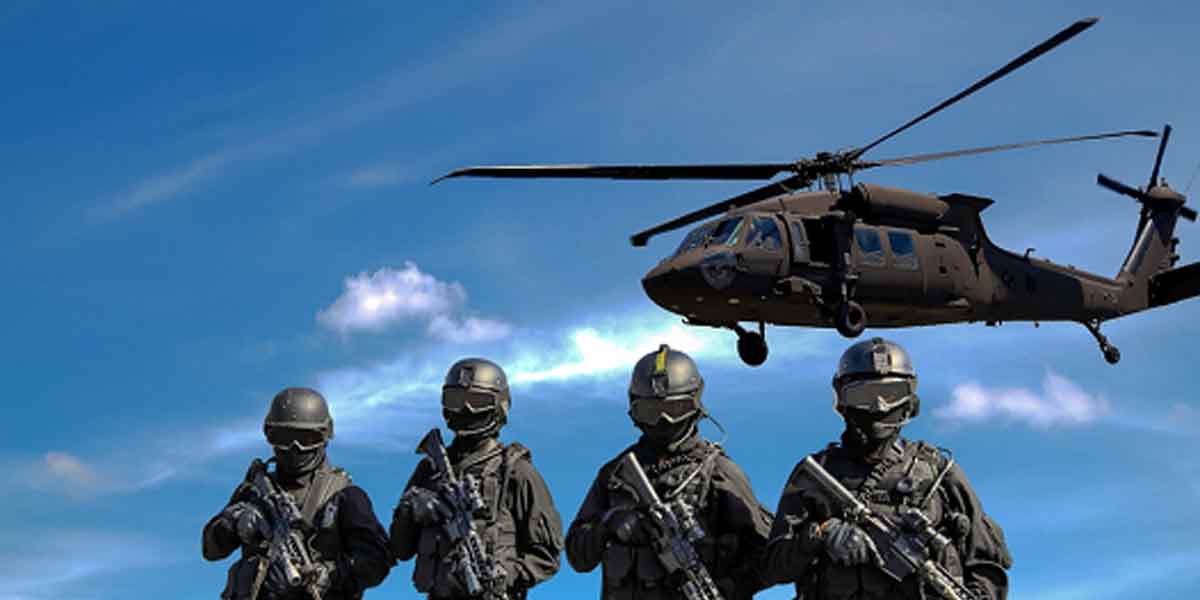Being in the military is a blessing – you get to serve your country and make your family proud. It is also a way to get income because you can turn it into a career.
But time comes when you have to take off your uniform, and possibly take a civilian job somewhere else. When time comes for you to transition from being military personnel to a civilian, you need to have a plan in mind.

Why Estate Planning Should be a Priority
According to 2016 Zebit survey, the financial stability of military personnel is worrying.
When you transition from the military, estate planning should be top on your list of things to handle. Here are reasons why:
- You have grown older. While you have come out of the war-zone alive and you are ready to have a life that is free of risks, you are still susceptible to a lot of things. You are also getting older and you need to start planning your life, and that of your loved ones.
- You have more assets than when you joined the military. You have spent your time in the military, and you had an income. This income should have worked for you and you now have more assets as compared to the time you joined the military. Even if you don’t have real estate, you have a pension that you need to protect. You might also have cars, a house and other things that you want to make sure goes to the right hands.
- More people need your protection. While in the military, you might have started a family, and they need your protection and care. If you don’t have a family, then you have beneficiaries that you with to take your legacy further when you pass away.
What Should You Protect during your Transition?
Now that you understand the reasons why you need to start estate planning, the next step is to understand what you need to consider in your estate planning strategy.
Protecting Your Income
So, what happens when you pass away – your income will stop. Any job that you have taken up will stop paying you. However, your family is still alive and they need to be secure. This is why you need to look at your estate plan as a way to address the income needs of your family.
This means you need to secure your life insurance as well, and other investments that you have made. Work with an estate planning lawyer to help you come up with the best plan for your needs.
Protecting Your Assets
So, now that you collected enough assets while in the military, what happens to it when you die? You need to designate a person to handle the estate the right way.The estate plan you come up with needs to account for everything that you have. Make sure you attach specific advice on what the assets should and should not do.
These assets fall in two categories:
- Probate assets – these are that are included in the will. This means that you have a will to determine what happens to the assets.
- Non-probate assets – this is where the assets are designated out of the will. These are usually transferred to the beneficiary without following what the will says.
Protecting Your Dependents
You need to determine who is dependent on you. These include your spouse, children and parents or siblings. Make sure you assign roles to the loved ones in your life so that they don’t have succession battles when the time comes for sharing the wealth.Incapacitation
Estate planning isn’t all about death; you might also need it when you are still alive. You need to address various aspects of life when setting up the plan. What if you are incapacitated and you can’t make decisions on your own? This means you will need to assign a power of attorney to take charge of various aspects of decision-making.Who Should You Consult?
Talking to your family is obvious, because they need to be brought up to speed on what is going on in your life. You need to tell them what to expect from you and who holds what role.The Role of a Lawyer
Finally, you need to talk to a lawyer to get a guide on what to do so that you don’t lose your property. The right estate planning lawyer interprets the situation for you and works with you to come up with the best estate plan that suits your transition period.






